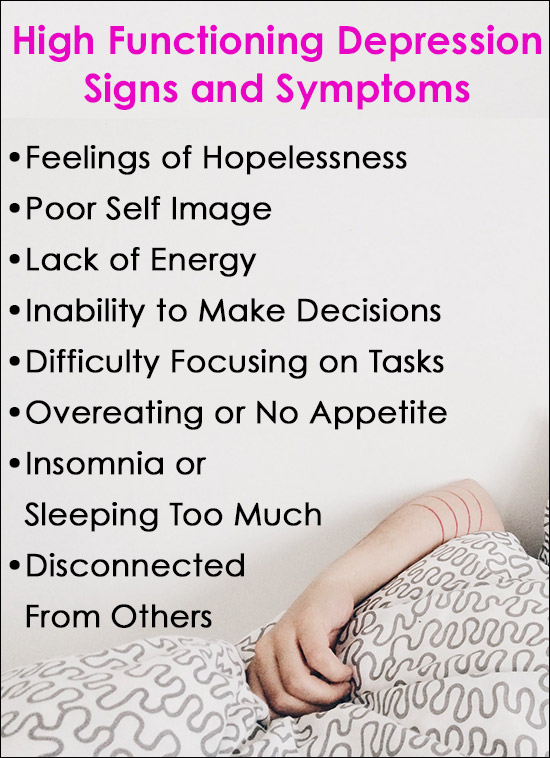

What Happens When High-Functioning Depression Co-Occurs with Substance Abuse?Ī dual diagnosis is when someone suffers from a mental health condition and an addiction. You find yourself tempted to use substances like drugs or alcohol to make yourself feel better.Your performance may seem fine at school or work, but you’re struggling to appear normal to peers.You may find yourself crying or experiencing feelings of hopelessness for seemingly no reason.Your weight fluctuates without you being on a diet plan because your appetite grows or recedes depending on your mood.You may continuously look for ways to criticize yourself, either internally or to others. It’s hard for you to feel good about yourself, even when given a compliment.Some may describe you as lazy because you find it difficult to muster the energy to accomplish basic tasks.It may be hard for you to see the bright side of any situation. People tend to describe you as gloomy or a downer.Here are some signs that you may be dealing with a form of high-functioning depression. While there are clinical clues that professionals look for in diagnosing PDD, you may have different experiences than others. Signs You May Be Dealing with High-Functioning Depression They can rule out other issues that could cause your symptoms and assess whether you suffer from a more severe form of depression. Constantly feeling that you have no energyĪ psychiatrist or mental health professional will look for signs that the mental health condition disrupts your ability to function normally.Some of the common signs of PDD or high-functioning depression include: They can make an accurate diagnosis of whether a person is genuinely suffering from PDD or other mental illnesses. Those who feel they may be suffering from the effects of any form of depression, including high-functioning depression, should seek help from a mental health professional. What Are the Signs of High-Functioning Depression?

Those with the disorder may have trouble admitting they need help, which can lead to a build-up of emotion that spills over at a critical point. Others may see them as perfectionists, which can add to their determination to live up to a specific image. People with the illness tend to have the kind of personality where they push through their feelings. Sometimes a stressful life event can make things more complicated. The effects can creep in gradually until it finally gets to a point where a person realizes there is a problem. Recognizing that someone may be living with high-functioning depression can be difficult. In addition, those with PDD or high-functioning depression experience the symptoms for at least two years. Common symptoms of PDD include a lack of energy or constant fatigue. People with high-function depression are typically diagnosed with persistent depressive disorder (PDD). If you’re battling an addiction due to or that is causing depression, please learn more about our men’s depression treatment center in North Carolina at Red Oak Recovery® today by calling 866.457.7590. While high-functioning depression isn’t a clinical diagnosis, it’s often used to describe people living with less debilitating symptoms of depression. Maybe you find yourself feeling tired all the time, even if you’re able to smile your way through social situations. However, you can appear outwardly fine to friends and family yet still feel unhappy with yourself.

People who receive that diagnosis often exhibit symptoms you can quickly pick up on as part of the disease. Most people are familiar with the idea of clinical depression.


 0 kommentar(er)
0 kommentar(er)
